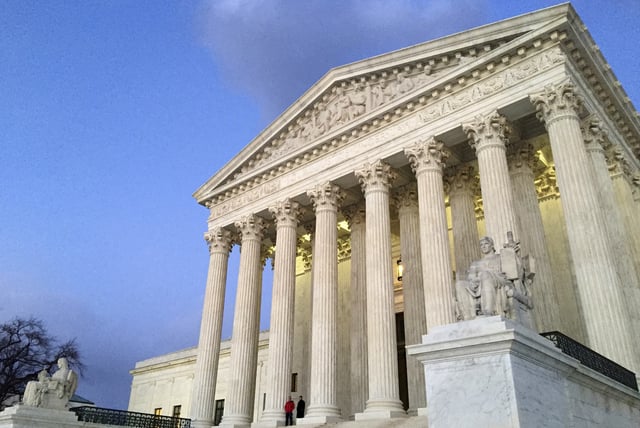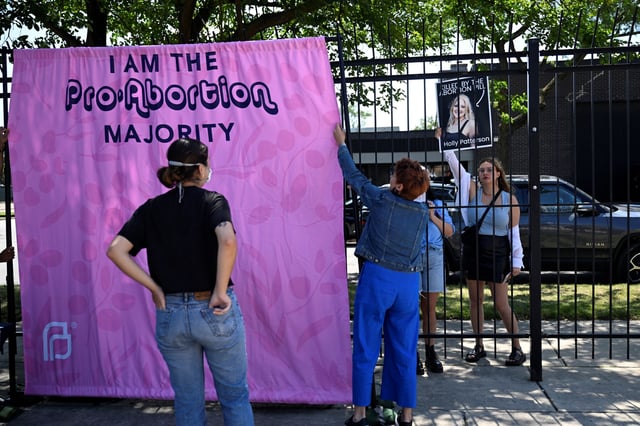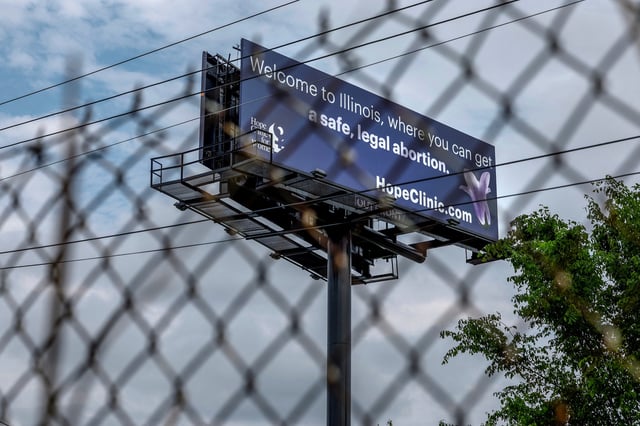Overview
- The U.S. Supreme Court declined to hear two cases challenging laws that restrict anti-abortion protests near abortion clinics.
- Justice Clarence Thomas issued a dissent, arguing that the court should have overturned the 2000 Hill v. Colorado decision, which upheld such restrictions.
- Thomas criticized the Hill ruling for undermining First Amendment protections and creating an 'abortion exceptionalism' in free speech cases.
- The declined cases involved buffer zone ordinances in Carbondale, Illinois, and Englewood, New Jersey, which limited protest activities near clinic entrances.
- Thomas argued that the Dobbs v. Jackson decision in 2022, which overturned Roe v. Wade, weakened the legal foundation of Hill v. Colorado.



